Keywords: Housing Affordability Crisis
There are more than 24 results, only the first 24 are displayed here.
Become a subscriber for more search results.
-

EDUCATION
- Erica Cervini
- 11 June 2024
The Labor government’s plans for managing overseas student numbers seem to be heavily influenced by the belief that these students are at least partly responsible for hikes in rents, housing shortages, and pressure on infrastructure.
READ MORE
-
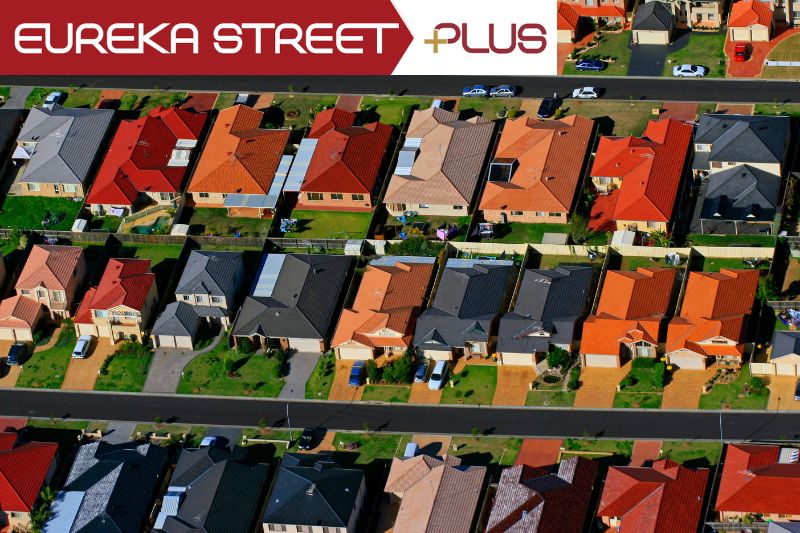
AUSTRALIA
- Peter Mares
- 12 April 2024
1 Comment
The ABC’s recent Q+A housing special left many questions unasked and unanswered. Labor, Coalition and Green MPs all say they want more people to be able to buy their own homes. The most obvious way to achieve that would be to reduce the price of housing. Yet no politician will make that an explicit policy aim.
READ MORE 
-

AUSTRALIA
- Joe Zabar
- 12 February 2024
1 Comment
Much of the discussion about tax reform is about the mechanisms of collection; around changes to things like negative gearing, stamp duty, land tax, capital gains tax, and superannuation. But what is missing is a statement of values about what we expect our tax system to fund.
READ MORE
-

ECONOMICS
- David James
- 10 October 2023
1 Comment
As Western economies grapple with soaring inflation rates, the once steady financial landscape is shifting, revealing looming challenges beneath mounting global debt. Amid 'Great Reset' calls, many face an uncertain future where the true cost of living is set to be redefined.
READ MORE
-
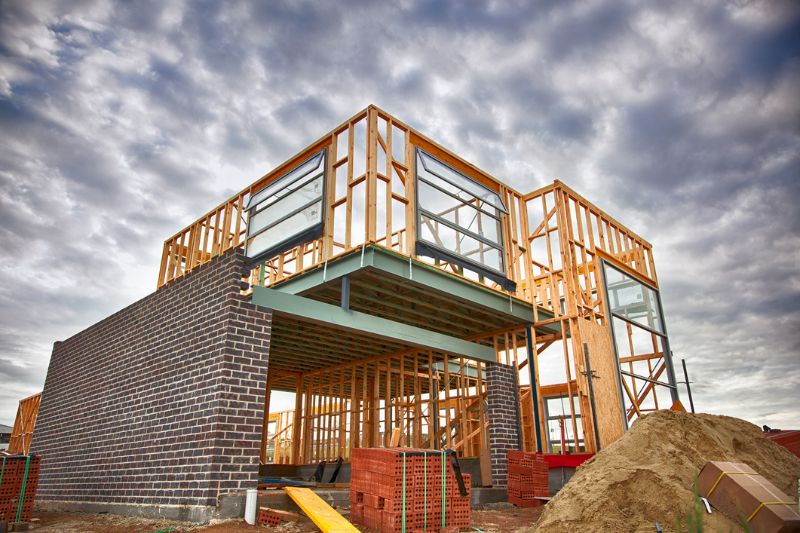
AUSTRALIA
- Peter Mares
- 21 September 2023
2 Comments
Will the Housing Australia Future Fund make a dent on Australia’s housing crisis? After a political tug-of-war, the government's ambitious $10 billion Housing Australia Future Fund (HAFF) has passed parliament, promising tens of thousands of new homes. But with over 170,000 households on social housing waiting lists and a skyrocketing rental market, the question remains: is the HAFF enough?
READ MORE
-
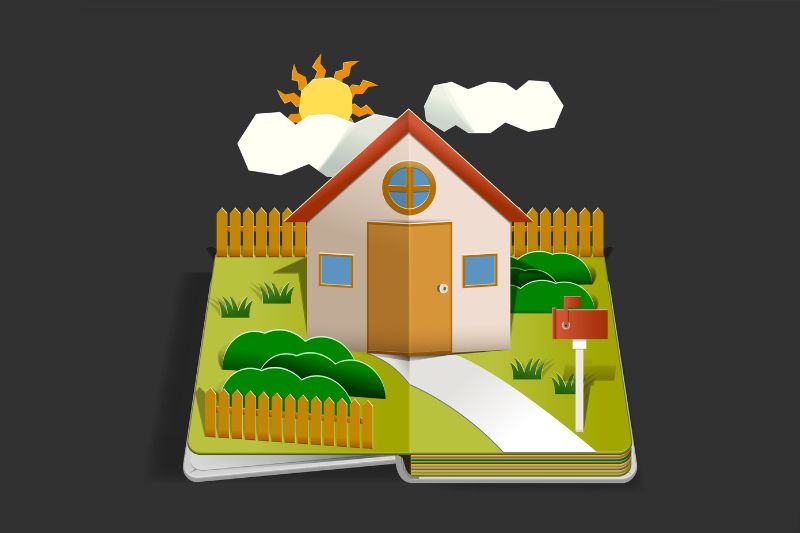
AUSTRALIA
- John Falzon
- 21 September 2023
3 Comments
In the face of Australia's pressing housing crisis, is the solution merely a question of funds, or does it demand a deeper overhaul? Many are calling for a transformed government role, one that abandons the shackles of neoliberalism, prioritises social infrastructure, and champions the collective good over select interests.
READ MORE
-

AUSTRALIA
- David Halliday
- 01 September 2023
Australia's housing market trembles as homeowners confront rising interest rates and mortgage defaults surge. Predicted by some a decade ago, this shift stems from years of speculative investing and homes transforming into commodities. The challenge now: can policymakers balance housing affordability without destabilising the market's value?
READ MORE 
-
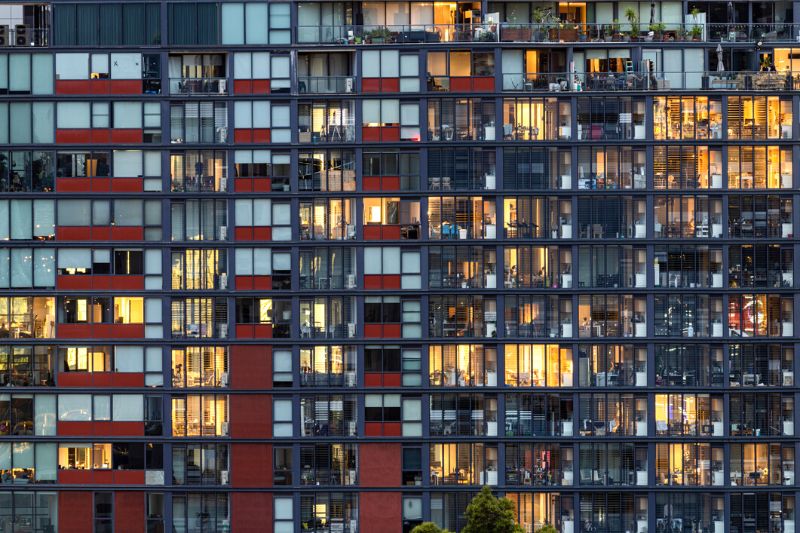
AUSTRALIA
Amid Australia's unprecedented housing crisis, there's an urgent need for increases in social housing. However, political wrangling hampers the progress of crucial legislation. With 640,000+ Australians facing housing stress, advocates stress the need for immediate action as a starting point towards comprehensive reform that treats housing as a basic human right.
READ MORE
-
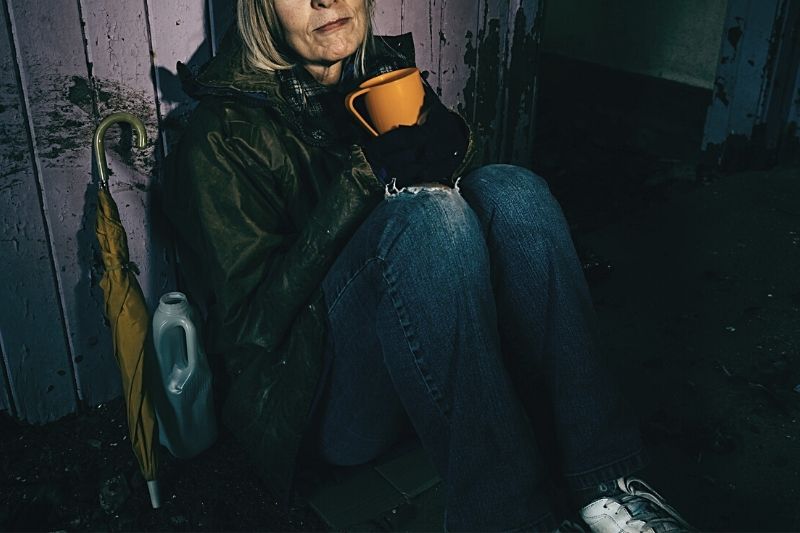
AUSTRALIA
- Jennifer McVeigh
- 25 May 2023
4 Comments
A rapidly growing cohort of homeless women over 55 has become the new casualties of Australia's housing market. With skyrocketing rents, an entrenched gender pay gap and inadequate pension funds, older women are slipping through the cracks owing to a tangle of systemic failures.
READ MORE
-

AUSTRALIA
- Sarah Klenbort
- 07 February 2023
4 Comments
As Brisbane prepares to host the 2032 Olympics and Paralympics, housing affordability remains a pressing issue. With more residents now facing homelessness, the question arises: with vast amounts of taxpayer money being spent on Olympics infrastructure, how will Brisbane address the homelessness crisis?
READ MORE
-
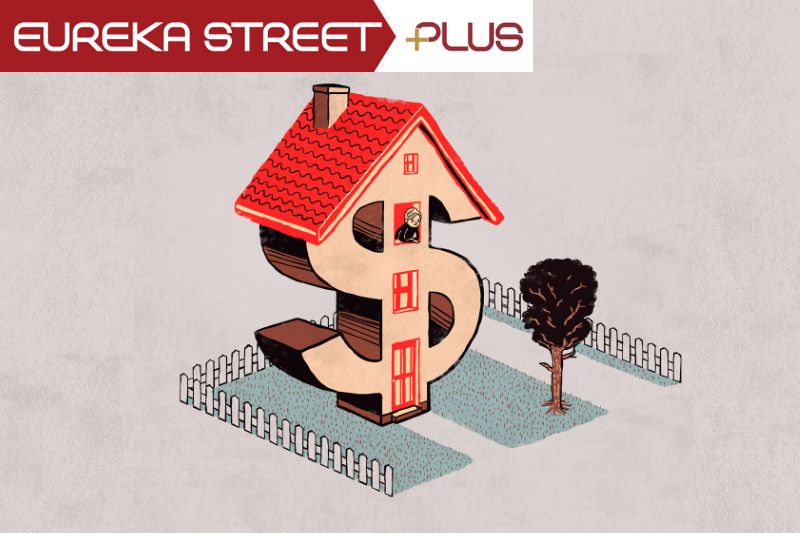
AUSTRALIA
- David Halliday, Peter Mares, John Falzon, Nicola Nemaric, Rae Dufty-Jones
- 18 November 2022
1 Comment
Despite rising interest rates and the recent dip in property values, Australia’s housing situation places it among the least affordable property market in the world. With a rise in homelessness and younger Australians locked out of an inflated housing market, what is the way forward for Australia?
READ MORE 
-
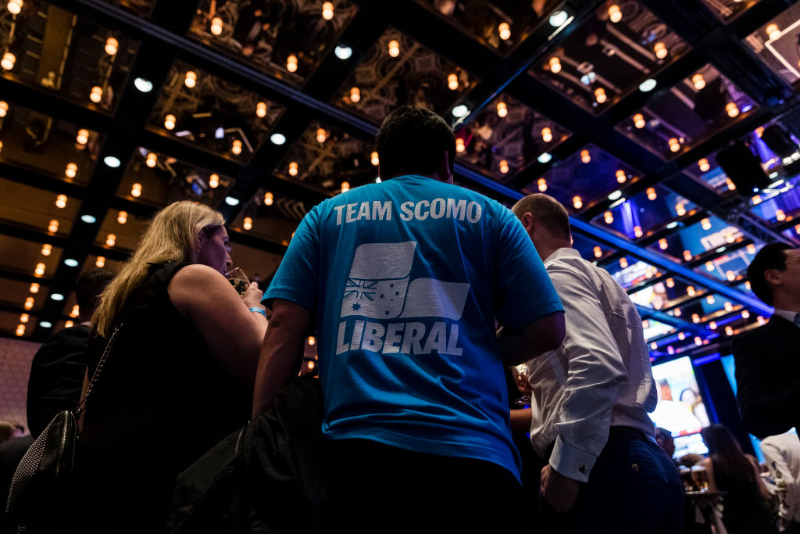
AUSTRALIA
- Anthony N Castle
- 18 May 2022
8 Comments
I was invited to a party the night of the 2019 election. The night’s entertainment was invite-only, with long tables of bread and wine, and I stepped back from the sounds of celebration to hear the political coverage on my phone. Standing at the far window, I looked up to see people in the night below, out in the dark, silent. Behind me a party guest shouted over the noise ‘what happened?’ I looked away from those outside and answered: a loss.
READ MORE 